The Fascinating History of Ylang-Ylang

Ylang-ylang essential oil is derived from the fragrant, long, banana-like petals of the ylang-ylang tree. Often referred to as the “flower of flowers,” this tropical plant emits a sweet, floral scent detectable even in crowded environments. Known for its inclusion in the legendary Chanel No. 5 perfume, ylang-ylang essential oil has been cherished for its aromatic and therapeutic properties for centuries.
Ancient and Modern Uses
A Longstanding Beauty Secret
The use of ylang-ylang essential oil dates back to ancient Indonesia, where early inhabitants used it to add volume and shine to their hair. Remarkably, this oil was one of the earliest hairstyling products known to history.
Traditional Practices
Indigenous people in the Philippines utilized ylang-ylang to create ointments for treating minor cuts and burns. On other South Pacific islands, it was the main ingredient in Makassar Oil, a popular Victorian-era hair tonic in England.
Aphrodisiac Qualities
In Indonesia, ylang-ylang flowers are considered a potent aphrodisiac and are integral to newlywed celebrations. The alluring fragrance is believed to enhance romantic experiences and promote intimacy.
The Versatility of Ylang-Ylang Essential Oil
Types and Grades
Ylang-ylang essential oil comes in various grades, with Ylang-ylang Extra Oil being the highest quality. This grade is produced from the first extraction, yielding the sweetest and most potent scent.
Modern Applications
Today, ylang-ylang essential oil is valued for its wide range of benefits, which includes potentially promoting relaxation, reducing stress, and enhancing mood. It is commonly used in aromatherapy, skincare, and haircare products.
Chemical Composition and Benefits
Ylang-ylang essential oil contains a unique blend of bioactive compounds, including:
- Linalool
- Farnesol
- Geranial
- Benzyl Acetate
- Eugenol
- Methyl Chavicol
- Pinene
- Beta-Caryophyllene
These compounds are easily absorbed into the skin, providing rapid and effective results.
Health Benefits
Supports Relaxation
Ylang-ylang essential oil is commonly known for its relaxing properties. Using it aromatically can quickly deliver these benefits, helping promote a sense of calm and well-being.
Natural Relaxant
Studies have shown that massaging a blend of ylang-ylang oil and sweet almond oil can create a soothing effect, promoting relaxation and calmness.
Antioxidant Properties
Ylang-ylang contains compounds that may support the body's natural defenses against oxidative stress, contributing to overall well-being.
Surface Cleanser
When combined with other herbal ingredients, ylang-ylang essential oil can be used as a surface cleanser, helping to maintain a clean environment.
Safety and Precautions
While ylang-ylang essential oil is generally safe, it’s important to use it properly. Conduct a skin patch test before topical application to avoid any adverse reactions. Excessive use can lead to skin irritation, dizziness, nausea, and headaches.
Final Thoughts
Ylang-ylang essential oil stands out among essential oils for its centuries-old track record and its diverse range of benefits. Whether used in a diffuser, applied topically, or blended into skincare and haircare products, this natural solution can significantly enhance your well-being. However, pregnant or nursing women and young children should avoid using ylang-ylang oil.
Incorporate ylang-ylang essential oil into your daily routine to experience its remarkable health and wellness benefits.


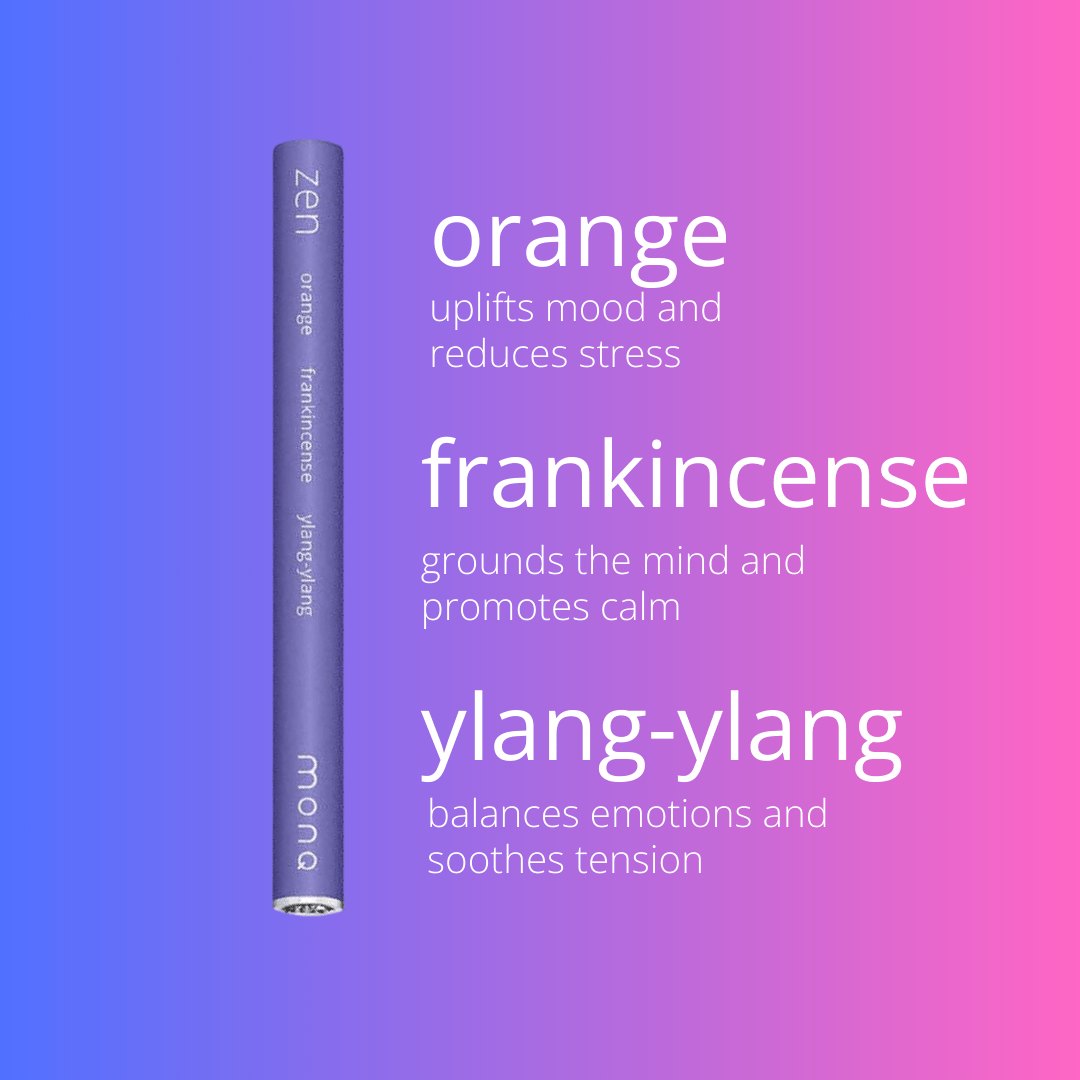
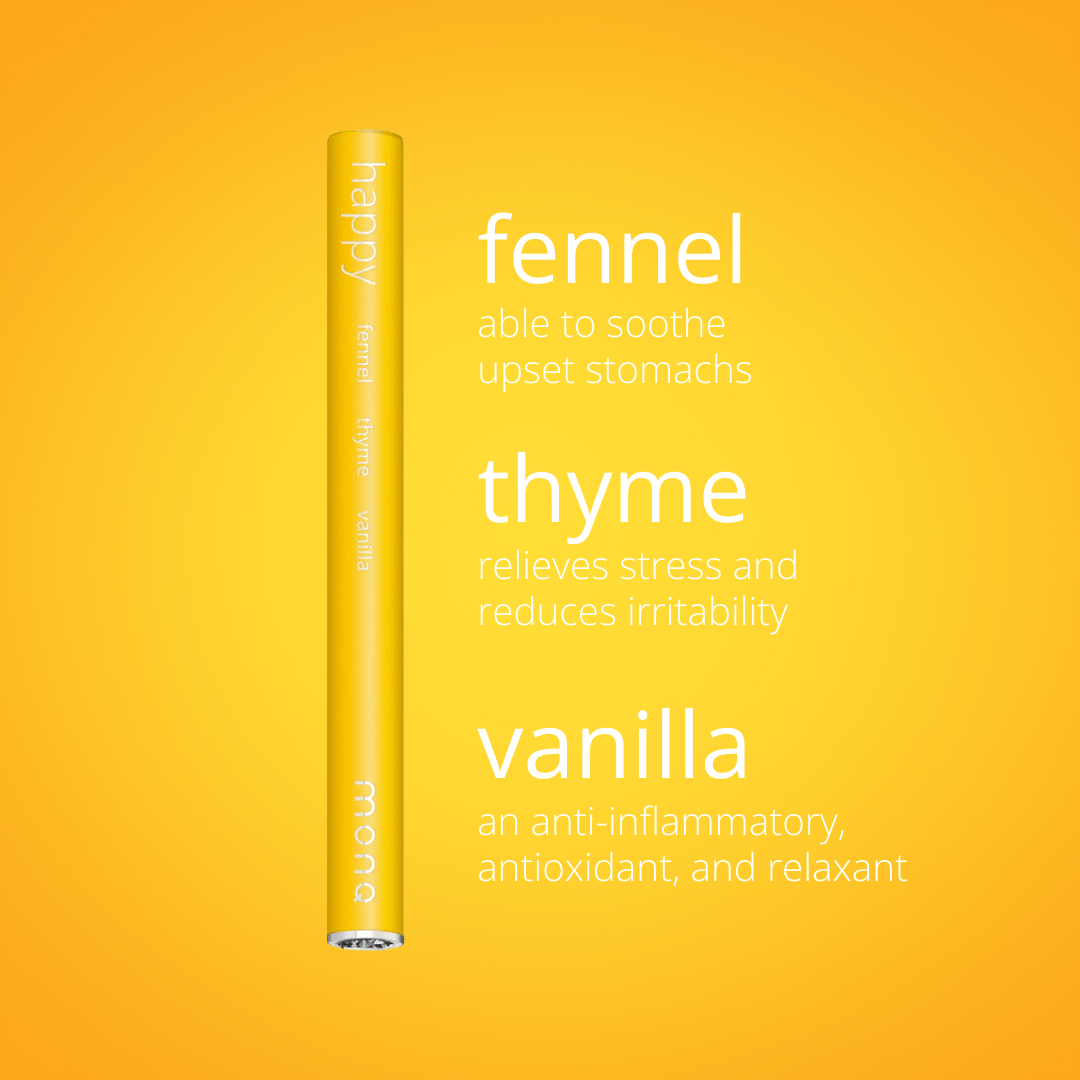
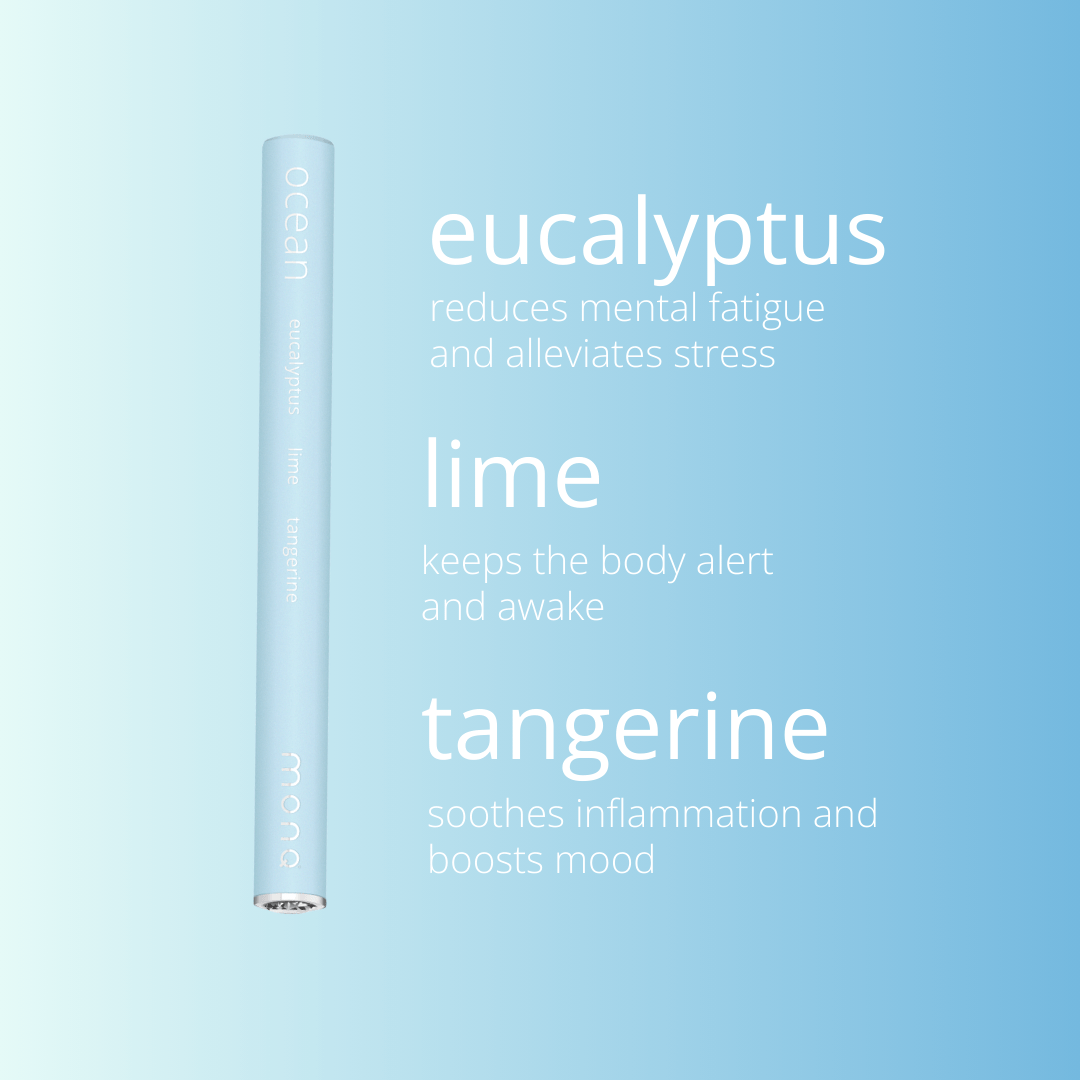
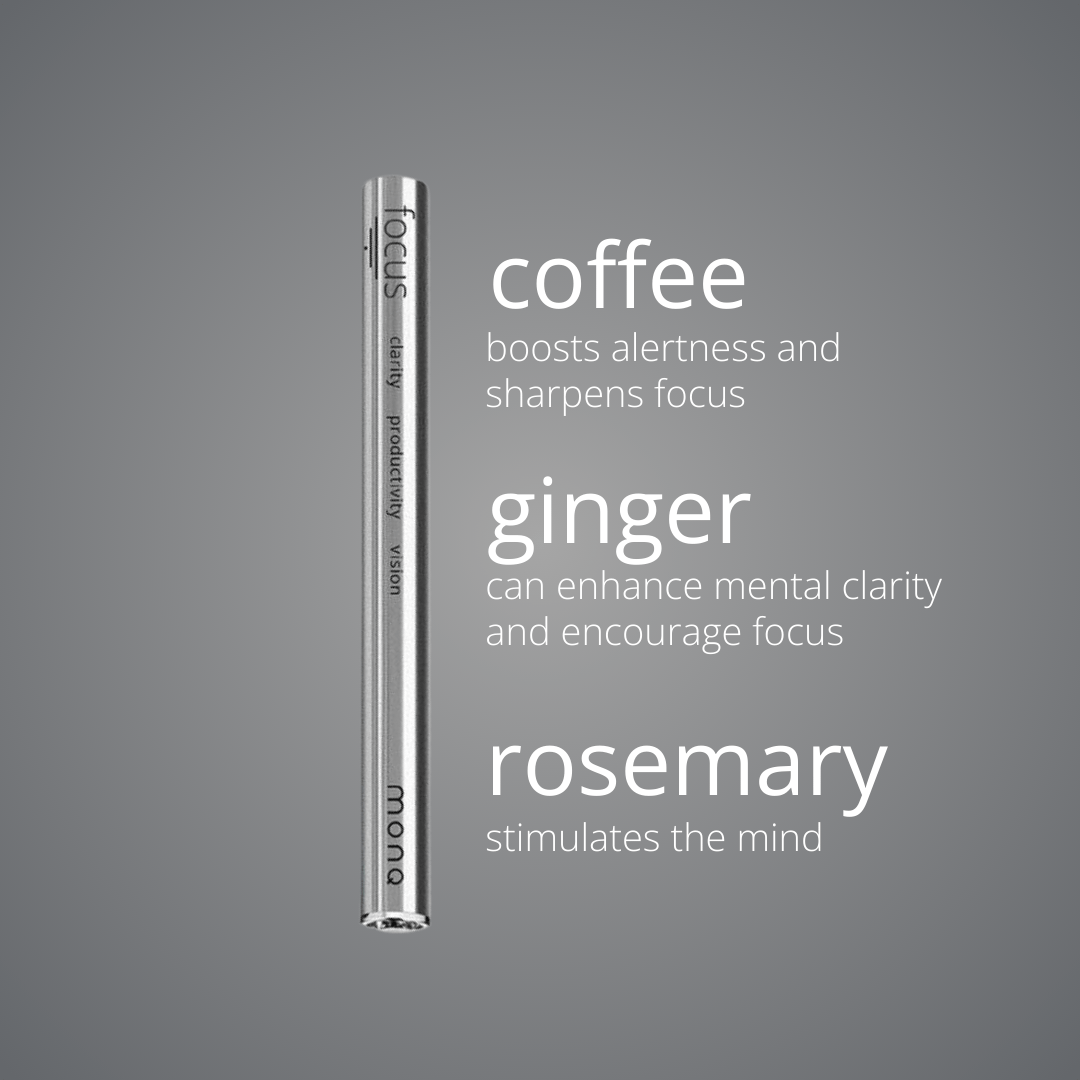
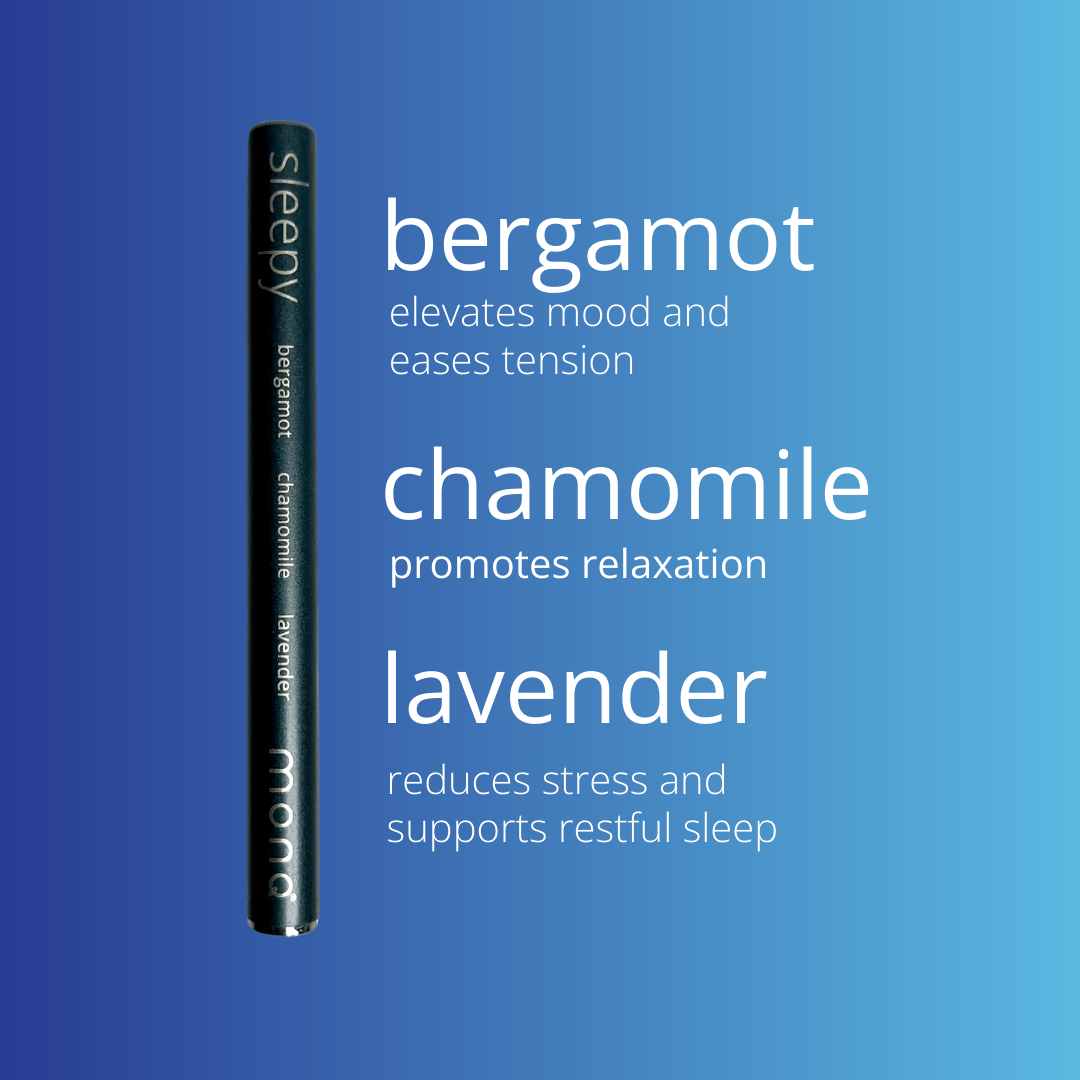

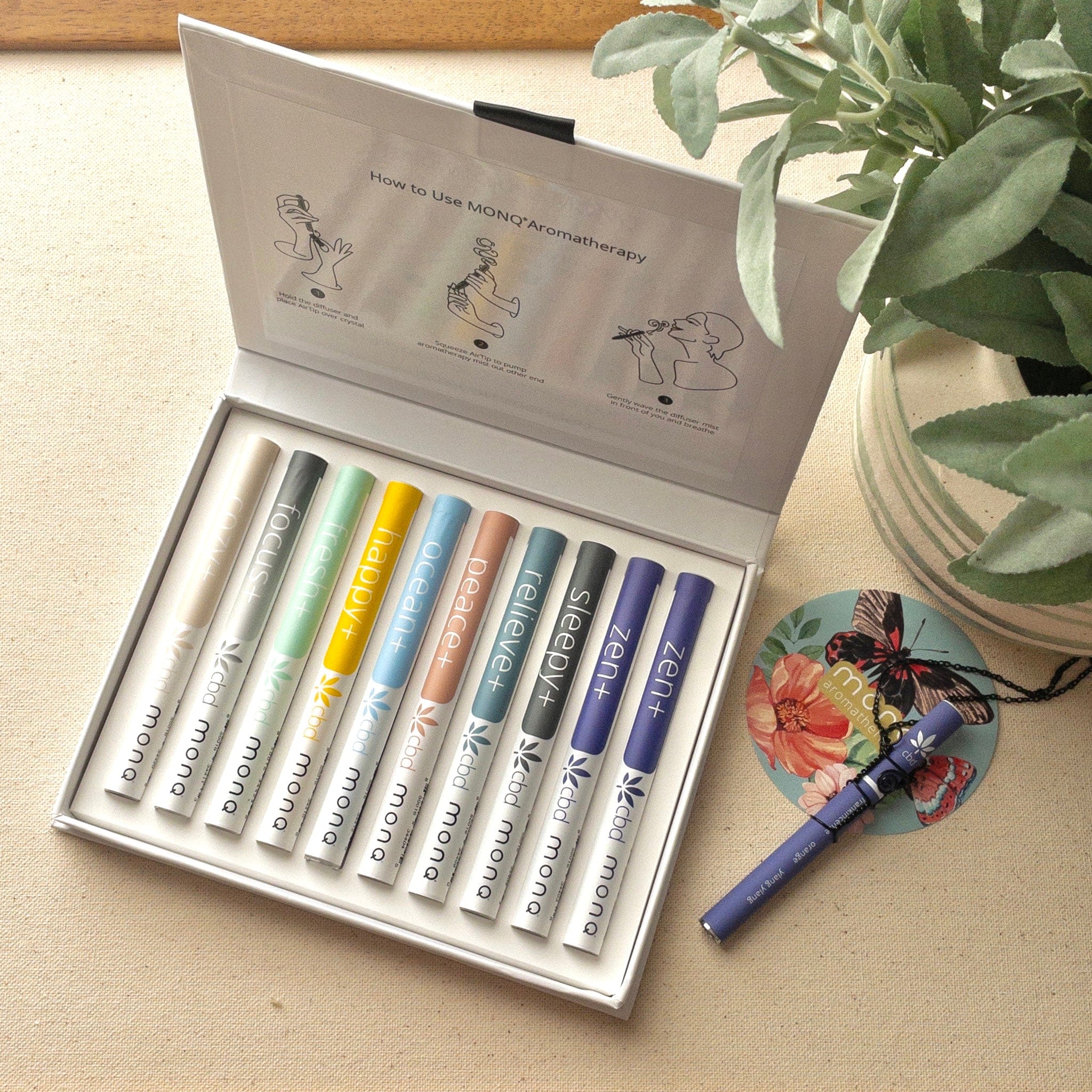
Leave a comment